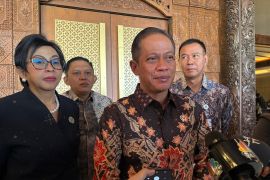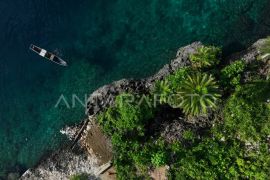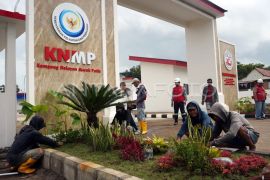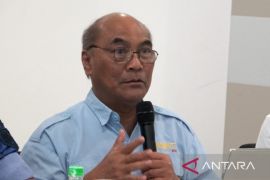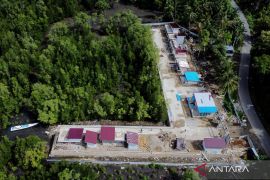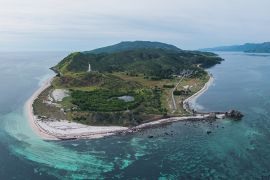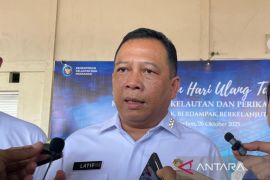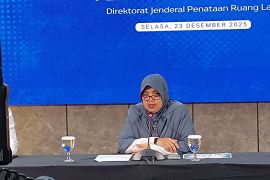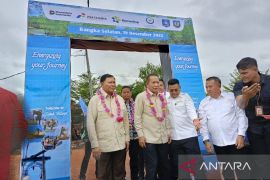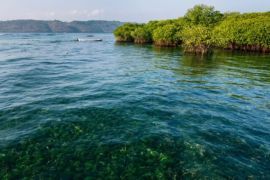"Microplastic pollution is a growing transboundary challenge that requires urgent attention and collaborative action," Head of the ministry's Marine and Fisheries Human Resources Extension and Development Agency (BPPSDM KP) I Nyoman Radiarta stated in a statement released in Jakarta, on Saturday.
The synergy was realized during the Workshop on Mitigation and Strategic Policy for Combating Microplastic Pollution for Marine and Freshwater Fisheries in the Southeast Asia Region: "Advancing the Blue Economy through Strategies for Managing Plastic Pollution in Aquatic Systems" in Jakarta, on July 2 to 3.
The activity was also supported by the Japan-ASEAN Integration Fund (JAIF), and attended by around 40 participants from Southeast Asian countries and Japan.
Radiarta said that by focusing on mitigating microplastic pollution, the ministry is taking an important step towards building a healthier aquatic ecosystem as a foundation for sustainable development.
"Global concerns about marine plastic pollution are increasing, and the same urgency must be given to freshwater systems - especially those that support inland fisheries and local communities," he noted.
The ministry has launched several initiatives as part of its commitment to addressing microplastic pollution in the sea, including the Sea Love Month, a national campaign involving fishermen and local communities in cleaning up marine waste and promoting marine management.
In addition, other activities included handling Abandoned, Derelict, Lost, Fishing Gear (ADLFG), carrying out waste management at fishing ports, strengthening policy enforcement, and expanding inclusive education campaigns on marine and freshwater conservation.
Radiarta stated that the workshop offered an opportunity to exchange experiences, generate innovative ideas, and formulate forward-looking policies to improve the health of fisheries and the aquatic environment.
Through cross-border and cross-disciplinary collaboration, the ministry expressed the hope to achieve actionable, integrated and impactful solutions to address marine microplastic pollution.
Meanwhile, Deputy Secretary General of SEAFDEC Koichi Tahara hoped that the workshop could encourage closer cooperation, generate actionable policy recommendations, and establish a clear joint mechanism to monitor and reduce plastic pollution.
As previously reported, Marine Affairs and Fisheries Minister Sakti Wahyu Trenggono highlighted that microplastics are a serious marine pollution problem because they can threaten the sustainability of fisheries populations.
Related news: Lifestyle change key to Indonesia's plastic waste control
Related news: Microplastics can enter human body through several ways: Expert
Translator: Martha Herlinawati Simanjuntak
Editor: Arie Novarina
Copyright © ANTARA 2025

